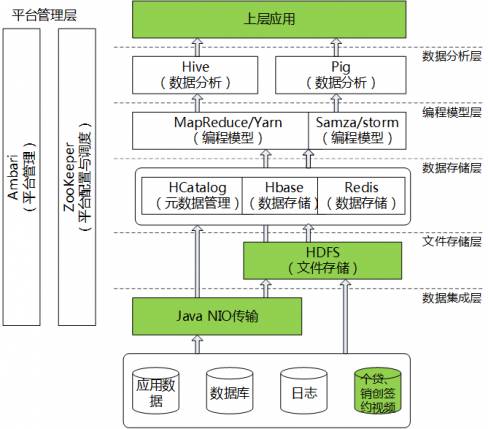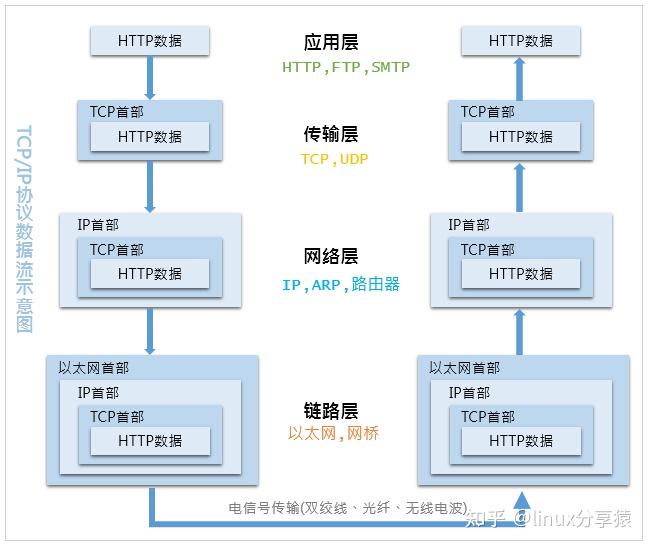摘要:设备和IP是两个不同的概念。设备指的是计算机硬件或任何电子设备,而IP则是互联网协议地址,用于在网络中唯一标识设备。设备可以连接到网络并通过IP地址进行通信。理论上,每部连接到网络的设备都需要一个独特的IP地址以实现正常通信。实际应用中,了解设备和IP的区别对于网络配置、网络安全及数据管理至关重要。通过深入了解其理论差异,可以更好地理解网络运作方式并优化网络性能。
本文目录导读:
在当今信息化的社会,设备和IP是两个常被提及的概念,虽然它们都与网络连接息息相关,但它们在实际应用中的功能和角色却大相径庭,本文将详细解析设备和IP的区别,并通过实际数据来说明它们各自的重要性。
设备
设备通常指的是任何能够连接到网络并进行通信的物理硬件,这包括但不限于计算机、手机、平板电脑、服务器、路由器等,设备的主要功能是与用户进行交互,执行特定的任务或提供特定的服务,设备具有硬件和软件组件,共同协作以完成各种任务,计算机可以处理文档、播放视频、浏览网页等,设备是网络的基础,是数据传输和处理的载体。
IP
IP,即互联网协议,是一种使设备能够相互通信的规则和标准的集合,它定义了设备如何在网络上发送和接收数据,每个连接到互联网的设备都有一个独特的IP地址,类似于家庭地址,用于识别和定位设备,IP的主要功能是实现网络间的通信,使得不同的设备可以互相交换信息,IP地址是网络通信的关键,没有IP地址,设备就无法在互联网上被识别和通信。
设备和IP的区别
设备和IP之间的主要区别在于它们的职能和角色,设备是网络的硬件基础,用于执行各种任务和处理数据,而IP则是使设备能够通过网络进行通信的规则和标准,设备没有IP就无法在互联网上被识别和通信,而IP则依赖于设备来执行各种网络任务和操作,设备是物理存在的,可以被触摸和使用,而IP则是一种无形的协议和标准,存在于设备之间通信的过程中。
实际数据说明
为了更好地说明设备和IP的区别以及它们的重要性,我们可以引用一些实际数据,以全球互联网为例,每天有数十亿的设备通过互联网进行连接和通信,这些设备包括个人电脑、手机、服务器等,这些设备之所以能够互相通信和交换信息,就是因为它们都配备了IP地址,根据互联网工程任务组(IETF)的数据,全球每天大约有数十亿次的IP数据包在网络中传输,这表明IP在互联网通信中的重要性不言而喻,设备的种类和数量也在不断增加,推动了互联网的发展,根据国际数据公司(IDC)的报告,全球每年新增的设备数量也在不断增加,这些设备的增长推动了互联网的发展,也进一步凸显了IP的重要性,没有设备,就没有数据的来源;没有IP,设备就无法进行网络通信,设备和IP是相互依赖、共同推动互联网发展的关键因素。
设备和IP是互联网中不可或缺的两个要素,设备是网络的硬件基础,用于执行各种任务和处理数据;而IP则是使设备能够通过网络进行通信的规则和标准,它们之间的关系密切,相互依赖,共同推动互联网的发展,通过实际数据的分析,我们可以更深入地理解它们各自的重要性以及它们在互联网中的作用。
文章英文部分(以英文关键词“设备和ip有什么区别,实际数据说明”为基础):
Difference between Device and IP: Detailed Analysis and Real Data Explanation
I. Introduction
In today's information society, the concepts of device and IP are often mentioned. Although they are both closely related to network connectivity, their functions and roles in practical applications are quite different. This article will analyze the difference between devices and IPs in detail and illustrate their respective importance through actual data.
II. Device
A device generally refers to any physical hardware that can connect to the network and communicate. This includes computers, mobile phones, tablets, servers, routers, etc. The main function of a device is to interact with users, perform specific tasks or provide specific services. Devices have hardware and software components that work together to complete various tasks. For example, a computer can process documents, play videos, browse the web, etc. Devices are the foundation of networks, the carrier of data transmission and processing.
III. IP
IP, or Internet Protocol, is a collection of rules and standards that enable devices to communicate with each other. It defines how devices send and receive data on the network. Every device connected to the Internet has a unique IP address, similar to a home address, used to identify and locate the device. The main function of IP is to enable communication between networks, allowing different devices to exchange information. The IP address is the key to network communication, without which devices cannot be identified and communicated on the Internet.
IV. Difference between Device and IP
The main difference between devices and IPs lies in their functions and roles. Devices are the hardware foundation of networks, used to perform various tasks and process data. IPs are the rules and standards that enable devices to communicate through networks. Without IPs, devices cannot be identified and communicated on the Internet, while IPs rely on devices to perform various network tasks and operations. In addition, devices are physical and can be touched and used, while IPs are invisible protocols and standards that exist in the process of device communication.
V. Real Data Explanation
To better illustrate the difference between devices and IPs as well as their importance, we can refer to some actual data. Taking the global Internet as an



 鲁ICP备18003477号-1
鲁ICP备18003477号-1 鲁ICP备18003477号-1
鲁ICP备18003477号-1
还没有评论,来说两句吧...